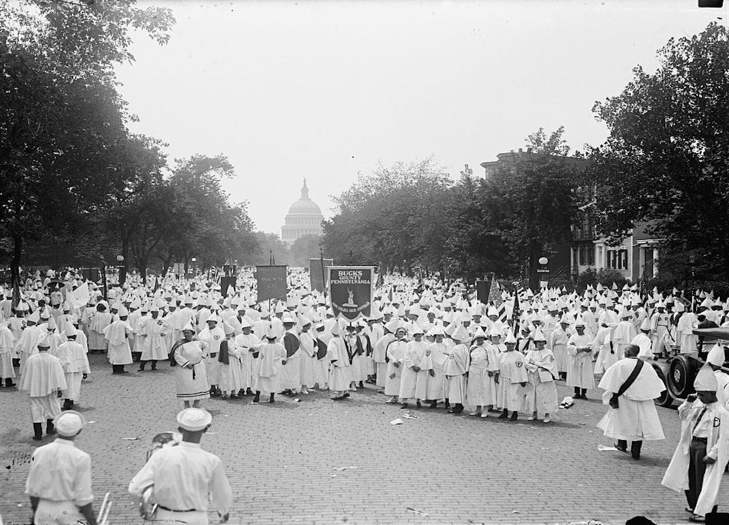Description
Fees & Registration
• $65.00 Pre-registration (received by Thursday, January 23)
• $75.00 at the door (Checks Only)
• $25.00 Student/Candidate Pre-registration (received by Thursday, January 23)
• $30.00 Student/Candidate at the door (Checks Only)
9:00 am – 9:10 am New School Opening Remarks/Introduction
9:10 am – 10:00 am Dr Hinton’s Presentation
10:00 am – 10:15 am Break – Beverages & Nosh provided
10:15 am –10:45 am Q & A with Dr Hinton
10:45 am – 11:30 am Small Groups Break Out Session
11:30 am – 11:50 am Break -Beverages & Nosh provided
11:50 am – 12:45 pm Dr Hinton responds to group questions
12:45 pm – 1 pm New School Closing Remarks
In March 2016, award-winning anthropologist Alex Hinton, faced off with a genocidal extremist, Pol Pot’s “Brother Number Two,” while serving as an expert witness at the Khmer Rouge Tribunal in Cambodia. A year and a half later, white power extremists wreaked havoc in the streets of Charlottesville. Professor Hinton’s talk will bring these two events into a conversation to answer the question asked about both: why? — as well the question that began to be asked in the U.S., could it happen here? In each situation, key issues of our time – truth and denial, human dignity, hate, moral choice, and extremism – were at stake.
As illustrated by the recent Southern Border “concentration camp” controversy, people sometimes question the use of Holocaust analogies or “lessons from the past.” Dr Hinton’s talk will argue for the value of both, arguing that the genocidal past provides a moral compass to guide us in difficult times and avoid paths leading to suffering, violence, and ruin. It is a compass that is urgently needed during dangerous times when the Trump administration plays on white nationalist fears and makes dog whistles that extremists hear loud and clear.
Continuing Education
CEU hours provided for Licensed Counselors, Marriage & Family Therapists, and Social Workers
3.5 hours of Ethics included
CONTACT: Please phone or email us if you have any questions:
(855) 760-8886 | info@nsanpsy.com
CEUs Goals and Objectives
“The Extremist: From the Killing Fields of Cambodia to Charlottesville, USA” with Alexander Hinton, PhD
1. To increase critical thinking skills in order to apply interdisciplinary knowledge into clinical work.
2. Increase understanding of the dynamics of genocide and perpetrator motivation.
3. To better understand how political and social discourse can erode critical thinking.
Alexander Hinton, PhD
Alexander Hinton is Distinguished Professor of Anthropology and Global Affairs, Director of the Center for the Study of Genocide and Human Rights, and UNESCO Chair on Genocide Prevention at Rutgers University, Newark. He is the author of the award-winning Why Did They Kill? Cambodia in the Shadow of Genocide (California, 2005) and eleven edited or co-edited collections, Oxford Handbook of Transitional Justice (Oxford University Press, forthcoming in 2019), Rethinking Peace (Rowman & Littlefield, forthcoming in 2019), Colonial Genocide in Indigenous North America (Duke, 2015), Mass Violence: Memory, Symptom, and Response (Cambridge, 2015), Hidden Genocide: Power, Knowledge, Memory (Rutgers, 2014), Transitional Justice: Global Mechanisms and Local Realities after Genocide and Mass Violence (Rutgers, 2010), Genocide: Truth, Memory, and Representation (Duke, 2009), Night of the Khmer Rouge: Genocide and Democracy in Cambodia (Paul Robeson Gallery, 2007), Annihilating Difference: The Anthropology of Genocide (California, 2002), Genocide: An Anthropological Reader (Blackwell, 2002), and Biocultural Approaches to the Emotions (Cambridge, 1999).
The New School for Analytical Psychology
The New School for Analytical Psychology in Seattle is a consortium of clinician-scholars. We value the New, with an approach to knowledge that emphasizes our embeddedness in a contemporary cultural context. An ethical obligation to the ‘other’ is a prime concern. Our School of Analytical Psychology honours the ancient, the modern, and the post-modern, embracing education as a never-ending dialogical process that does not hold fast to a single theory or ideology. Analytical psychology emphasizes our origins in the world of clinical analysis.





